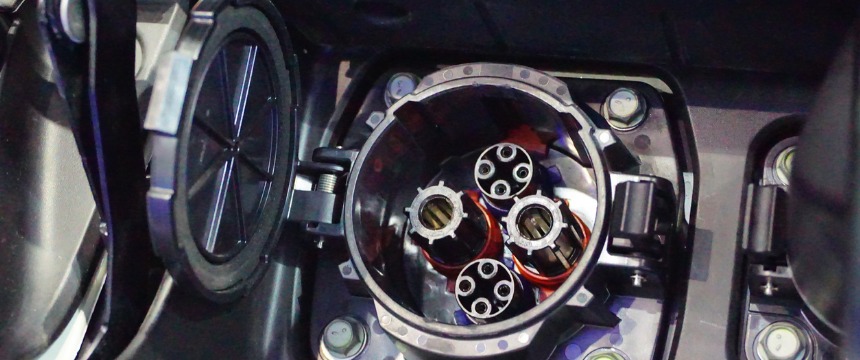
Either as a lesson from the smartphone patent wars, or a non-confrontational culture, automakers are keen to avoid patent wars as they computerize their vehicles. However, in an effort to capture as much of the electric and/or autonomous vehicle market as possible and drive demand for their vehicles, the automotive industry appears to be revamping its business strategy when it comes to leveraging their patent portfolios.
Historically, companies attempted to capture market share by asserting large patent portfolios around commercially valuable features in order to exclude rivals. Innovative new technologies poised for large-scale market adoption typically correspond with a heavy uptick of patent filings. Within five years of Apple launching the first iPhone, one out of six active patents was smartphone-related in October 2012, representing more than 250,000 patents. To increase market share, companies asserted their patents against rivals, sometimes in drawn-out battles resulting in large damages awards.
That’s one way to use patents. Automakers, however, may now be avoiding patent wars for various reasons, including insufficient market adoption of electric and/or autonomous vehicles to warrant such large scale patent wars. Instead of asserting patents at this time, some companies with large electric and/or autonomous vehicle patent portfolios have evolved their business strategy to include using patents as a way to tempt rivals into entering the market and spur growth, thereby indirectly increasing demand for their products.
Indeed, Tesla’s patent pledge in 2014 that they would “not initiate patent lawsuits against anyone who, in good faith, wants to use our technology,” while seemingly altruistic at the time, is considered by some an attempt at promoting electric vehicle technology ahead of other early stage technologies such as hydrogen fuel cells. Shortly after this announcement, Toyota countered Tesla by opening up 5,600 of its hydrogen fuel-cell patents in an attempt to promote the adoption of its competing technology.
Last month – almost five years after Tesla’s original pledge – Toyota announced royalty-free access to its nearly 24,000 patents for hybrid and other vehicles using electrification technology. Rather than merely promote growth in the vehicle electrification market, Toyota, a tier 1 automaker, has a new hybrid strategy to also become a tier 2 supplier of hybrid systems. By encouraging adoption of their technology and becoming a supplier for their rivals, Toyota can increase its bottom line by increasing their supply and reducing costs associated with developing electrified vehicles.
While automakers are avoiding patent wars for the time being, they have by no means abandoned leveraging their patent portfolios to reach their business goals. And when the stakes get high enough, which could be within a decade based on projections of $500 billion for electric vehicles and $60 billion for autonomous vehicles, they may yet revert to patent wars.




